Introduction
Time is the one resource that constantly ticks away, and how we use it can make all the difference in our lives. Efficiency, the art of accomplishing more in less time, is a powerful tool to harness the true potential of this finite resource. In this blog post, we’ll delve into the fascinating relationship between time and efficiency and explore strategies to strike a balance between productivity and the quality of life.

Time’s Unchanging Nature
Time is a universal constant; it doesn’t discriminate or favor anyone. We all have the same 24 hours in a day. But why do some people manage to do so much more within that time frame? Understanding time is the first step:
1.Time is non-renewable; once a minute passes, it’s gone forever. There’s no going back to reassign it.
2.Time is precious. Time is the building block of our goals, dreams, and aspirations. Squandering time is akin to squandering opportunities.
3.Time is a resource. Treat time as you would any valuable resource. It requires careful allocation and management.

Efficiency and Its Role
- Time Management = Efficiency: Effective time management is the foundation of efficiency. It involves setting priorities, creating schedules, and removing time-wasting elements.
- Efficiency Saves Time: When you streamline your processes, you free up more time for what truly matters, both personally and professionally.
- Quality of Work: Efficiency isn’t about rushing; it’s about completing tasks with precision in less time, ultimately leading to higher quality results.

Now, let’s explore practical strategies to maximize your efficiency:
1. Prioritization:
Identify your most important tasks and tackle them first. The 80/20 rule suggests that 20% of your efforts yield 80% of your results.2.SMART Goals:
Set Specific, Measurable, Achievable, Relevant, and Time-bound goals to provide a clear direction and avoid vague objectives.3.Time Blocking:
Allocate specific time blocks to tasks or activities to minimize distractions and enhance focus.4.The Power of “No”:
Avoid overcommitting. Saying “no” to less important tasks creates room for more meaningful endeavors.5.Distraction Control:
Identify common distractions and take steps to minimize or eliminate them. This may include silencing notifications, organizing your workspace, or managing your email more effectively.6.Delegate and Outsource:
You don’t have to do everything on your own. Delegate tasks when possible, and consider outsourcing activities that others can handle more efficiently.7.Continuous Improvement:
/strong> Regularly review your time management strategies and seek ways to optimize them. Even small changes can lead to significant time savings over time.
Conclusion






0 Comments